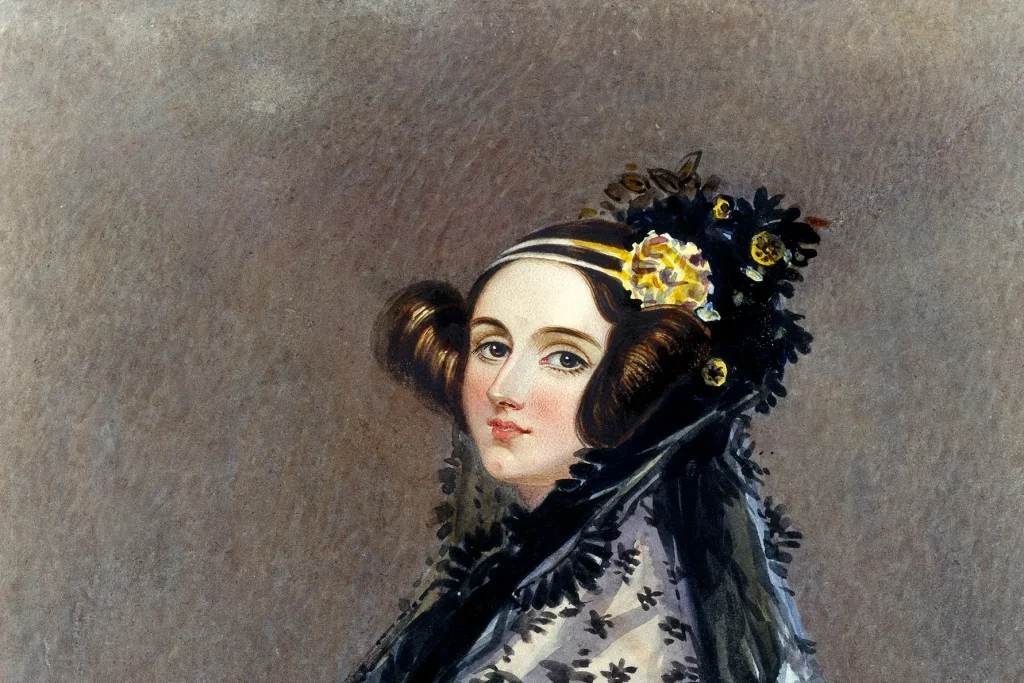
Before computers even existed, one woman imagined how they could change the world. Step into the remarkable mind of Ada Lovelace — the 19th-century visionary who wrote the world’s first algorithm.
👉 Watch her story here: YouTube Video
“That brain of mine is something more than merely mortal, as time will show.”
👩🎓 The Daughter of a Poet, the Mind of a Mathematician
Born in 1815, Ada Lovelace was the daughter of famed poet Lord Byron and Lady Anne Isabella, a highly educated woman determined to steer her daughter away from the chaos of poetry and toward the order of mathematics. What emerged was a perfect fusion: a woman whose imagination danced with logic — and who would see further into the future than anyone else of her time.
🧠 Imagining the Future Before It Existed
As a teenager, Ada met Charles Babbage, the “father of the computer,” who had designed a mechanical machine called the Analytical Engine. Most saw it as a clever calculator. Ada saw a universal machine — capable of handling anything that could be represented by symbols: numbers, music, even language.
In 1843, she translated an Italian paper on the Engine and added notes that were three times longer than the original text. In those notes, she described how the machine could be programmed to follow instructions — writing the first algorithm ever intended for a computer.
💡 Why It Mattered Then — and Now
Ada wasn’t just theorizing how to use Babbage’s invention — she was inventing computational thinking itself. She imagined that a machine could go beyond arithmetic and become a tool for the imagination. In essence, she saw modern computing — more than a century before it existed.
Today, Ada Lovelace is rightly recognized as the world’s first computer programmer, and a global symbol of women in STEM.
💔 Unseen in Her Time, Revered in Ours
Ada died young — just 36 years old — and her work, like Galois’, was largely forgotten until it was rediscovered in the 1950s by computer scientists who recognized the brilliance hidden in her notes.
From the programming languages we use to the philosophies that shape tech ethics today, Ada’s vision echoes everywhere.
🧬 Legacy of a Woman Ahead of Her Century
In an era when women were excluded from scientific discourse, Ada not only entered the arena — she changed the game. She was a pioneer of both science and imagination, reminding us that the future is not just calculated — it’s dreamed into being.
“Imagination is the discovering faculty, pre-eminently. It is that which penetrates into the unseen worlds around us.” — Ada Lovelace
